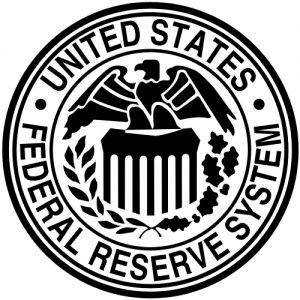Big banks generally aren’t too thrilled about the Federal Reserve taking a direct operational role in a U.S. real-time payment system, but smaller banks and credit unions as well as some big companies support the idea.
The Fed’s two-month comment period on its proposed Real Time Gross Settlement service closed Friday. More than 380 commentators, ranging from private individuals to banks and credit unions, tech companies, and trade associations, submitted letters. And a Fed spokesperson tells Digital Transactions News that a last-minute rush of submissions has yet to be processed.
Some of the nation’s largest corporations are on board with the Fed taking a direct role in a real-time payments service. Addressing a question in a regulatory notice about whether the Fed should develop a 24-hours-per-day, 365-days-a-year payment service, a letter from Walmart Inc. answers “yes.”

A number of big tech companies—Amazon, Apple, Google, Intuit, PayPal, Square, and Stripe—also submitted joint comments supportive of an active Fed role through the trade group Financial Innovation Now. “The proposed Federal Reserve RTGS system will provide a competitive option in the marketplace and foster ubiquitous adoption by all financial institutions and non-bank partners,” FIN’s letter says. “Ubiquity is unlikely to be achieved without a RTGS system offered by the Federal Reserve.”
The Fed already operates one of the nation’s two automated clearing house switches. The other is run by The Clearing House Payments Co., whose parent company is bank-owned and which recently launched its own service dubbed Real Time Payments.
Many comments came from community banks and credit unions. By and large, they want an alternative to the TCH system, which they see as controlled by big banks. The Independent Community Bankers of America trade group told the Fed that “ICBA strongly contends industry-wide ubiquity is a distant possibility and may never be achieved without the Federal Reserve developing and operating a RTGS service and interoperating with the private-sector solution.”
But Early Warning Services LLC, a big-bank-owned security-technology firm that also provides the Zelle person-to-person payment service, wrote that it “believes a duplicate real-time gross settlement service to the existing RTP system from The Clearing House could stagnate current positive market momentum towards ubiquitous digital payments.” Early Warning also said the additional investment required to support two U.S. real-time settlement services “has the potential to slow the migration of thousands of smaller financial institutions to real-time digital payments and detract from more important customer and client-facing investments.”





